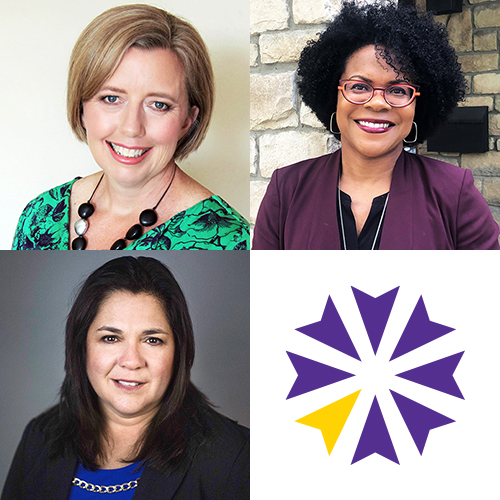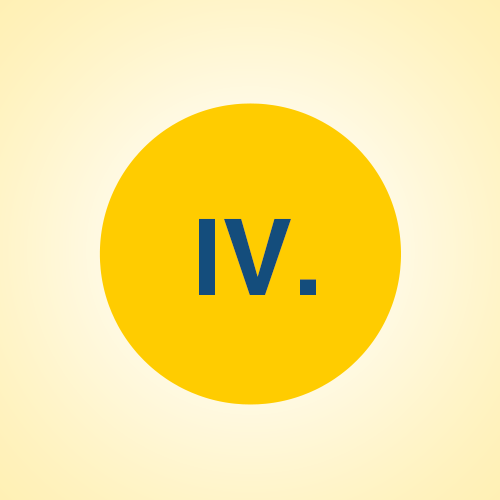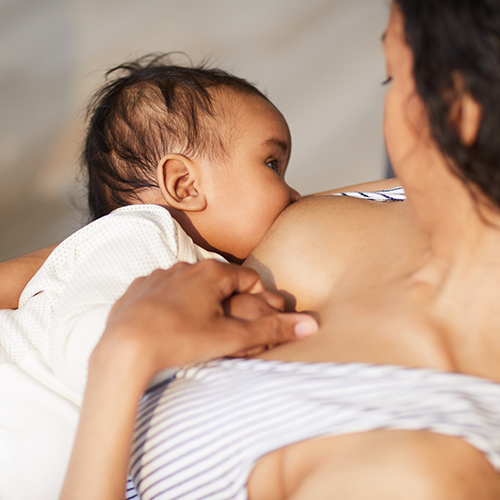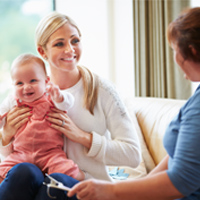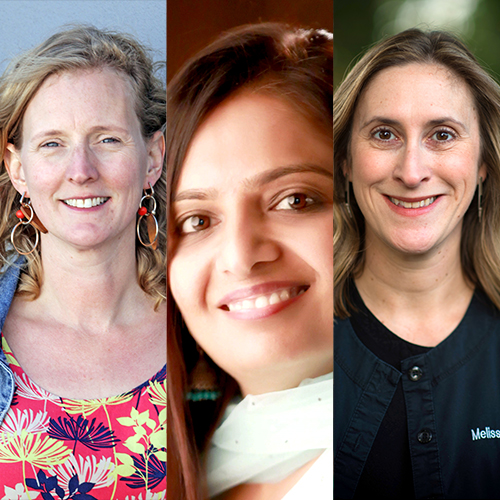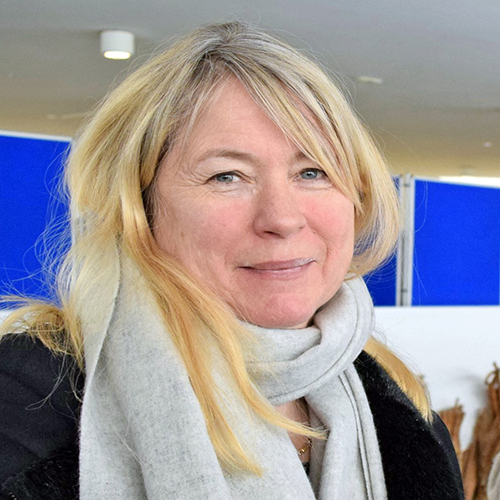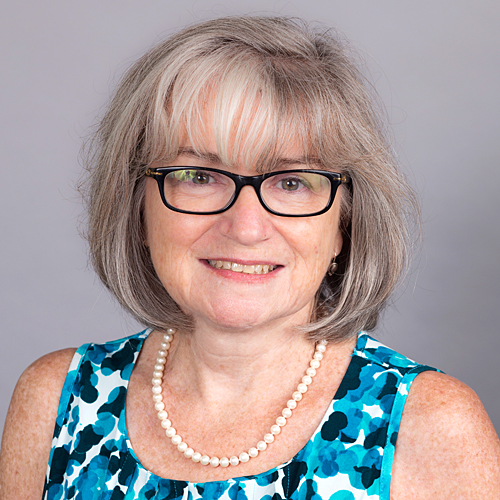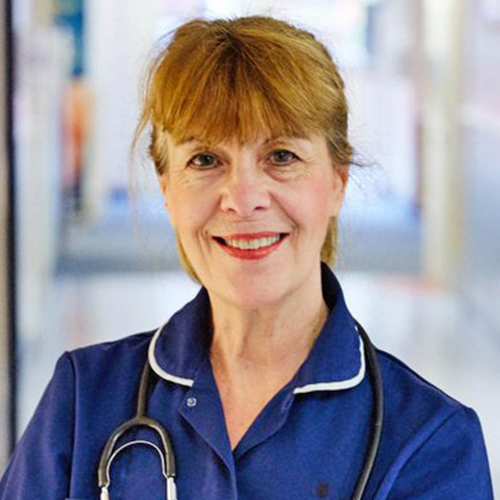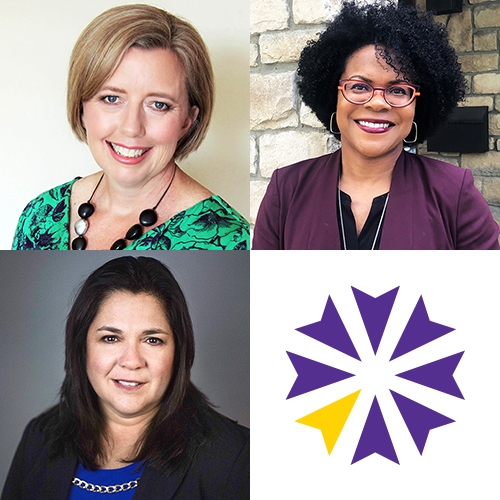

Annette Leary is a registered nurse with over 33 years of experience working in Maternal Child Health. She became an IBCLC In 1995. She works as a Maternal Educator in a large tertiary care hospital (14,000 deliveries a year) that is Magnet designated, JCAHO certified, and BFHI awarded. Her responsibilities include providing outpatient lactation virtual and in-person support, staff education, and inpatient consultations. She began her Upledger Craniosacral training in 2015, taking advanced maternal and pediatric specialty classes. Her most special efforts to date include her marriage of over 33 years, four adult children and being nana to two grandchildren.
Naomi Hull as a Registered Nurse, an International Board-Certified Lactation Consultant (IBCLC) and has a Master of Public Health (Nutrition). Naomi is mum to two teenage young adults, a Rhodesian Ridgeback and three chickens. Since 2006 Naomi has been a volunteer Breastfeeding Counsellor (Cert IV Breastfeeding Education) with the Australian Breastfeeding Association, and she qualified as an IBCLC in 2010 and has worked in a small Private Practice in Brisbane. While completing her MPH at the University of Queensland (UQ) she focused her dissertation on a qualitative review of stakeholder’s perceptions of the implementation of the Australian National Breastfeeding Strategy (2010-2015). Since then she has gone on to lead and coordinate a national team in the assessment of Australian breastfeeding policies and programs using the World Breastfeeding Trends Initiative (WBTi) Assessment Tool. Naomi is the Senior Manager for Breastfeeding Information and Research at the Australian Breastfeeding Association, where she is responsible for the provision of up to date, evidence-based information for the general community and health professionals.
Maxine Scringer-Wilkes graduated with a nursing degree followed later on by her Master of Nursing in 2017 both from the University of Calgary. Maxine was a public health nurse in Calgary for 13 years, where providing face to face contacts with new families soon after discharge is a standard of care. Most families named feeding challenges as their biggest concern. In turn, Maxine developed a passion for lactation support, worked towards and attained the International Board-Certified Lactation Consultant designation, in order to assist families to reach their feeding goals.
In 2016, Maxine made the transition from public health to acute care where she currently works in all areas of a large Children’s hospital to support dyads with a myriad of lactation concerns but is primarily in the NICU. Maxine’s responsibilities includes orienting new staff to teaching a provincial lactation education within a team. Maxine is passionate about sharing knowledge with aspiring LCs and is a mentor to many. Maxine participates on numerous committees to update lactation and feeding policies, procedures and documents. Furthermore, she volunteers on provincial and national breastfeeding committees.
The past decade has seen a marked increase in telehealth. Lactation support in a virtual format had been slowly increasing virtual access to care prior to COVID-19. As the pandemic started, in a matter of weeks, it became necessary to embark on virtual care for the majority of lactation support and care providers were forced to adapt to a new method of care. This sudden change has highlighted both the benefits and drawbacks of virtual lactation support. The learning curve continues and this panel has been designed to explore the lessons, the triumphs, the challenges, and the future needs for virtual lactation care.

View Details / Enroll

Empowering Breastfeeding in Women Receiving Medication-Assisted Treatment for Opioid Use Disorder: A Call for Policy Change

Dr. Kelly McGlothen-Bell is an Assistant Professor at UT Health San Antonio, School of Nursing. As a nurse scientist, Dr. McGlothen-Bell is dedicated to understanding and resolving perinatal-infant health disparities in underrepresented groups, particularly among mother-infant dyads impacted by substance use disorders and preterm births. Dr. McGlothen-Bell uses interdisciplinary research, bio-behavioral methodologies, and community-engaged strategies to define and explore health priorities that can be remedied through culturally appropriate and sustainable health solutions. Her program of science focuses on understanding the relationship between infant feeding behaviors and readiness in high-risk infants and attunement between the primary caregiver and child during infancy and toddlerhood. The culmination of these findings contributes to the development of evidence-based interventions geared toward improving parental engagement and pediatric feeding success in marginalized populations. Dr. McGlothen-Bell has published numerous peer-reviewed articles related to developmental strategies for high-risk infants. She has also presented her work at conferences nationally and internationally. Dr. McGlothen-Bell has received numerous awards to include the 2019 National Association of Neonatal Nurses (NANN) Mentee/Mentor Grant Award. She was also selected as a 2019-2020 Academy Jonas Nurse Policy Scholar.
Topic: Feeding Behaviors in the Opioid Exposed Infant - [View Abstract]
Inequitable access to mother's milk often disempowers those who may benefit the most from it's' benefits. Moreover, suboptimal breastfeeding has the potential to negatively impact the health and well-being of future generations to come. Mother's own milk is internationally accepted as the most optimal source of nutrition for infants, yet breastfeeding initiation and duration rates among minority populations (i.e., women with opioid use disorders [OUDs]) continue to lag significantly behind that of the general population. The implications of the current U.S. opioid crisis and its increasing influence on women of reproductive age presents important considerations for the ways women and infants may receive inequitable access to breastfeeding and the benefits of mother's milk. In this presentation, learn the keys needed to empower lactation support providers to advocate for the use of scientific evidence that informs breastfeeding practices for women receiving MAT for OUD.
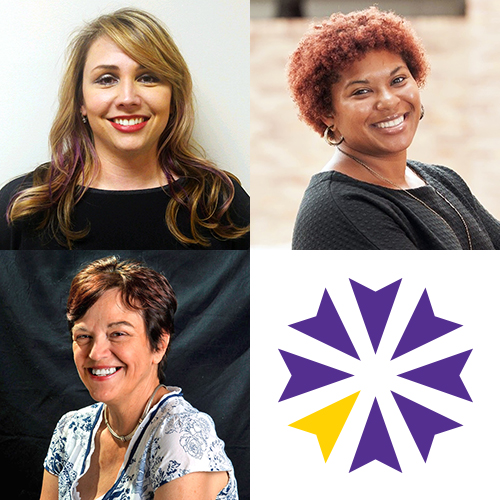
View Details / Enroll
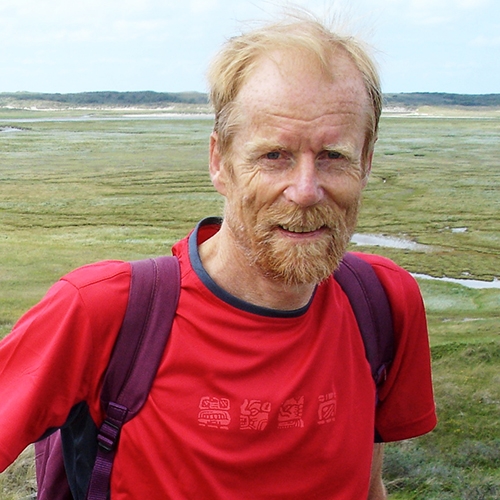
Ending Sponsorship of Paediatricians by BMS Companies – Case Study of RCPCH

Tony Waterston is a retired consultant paediatrician who worked mainly in the community in Newcastle upon Tyne, UK. He spent 6 years working in Zambia and Zimbabwe and directed the Royal College of Paediatrics and Child Health Diploma in Palestinian Child Health teaching programme in the occupied Palestinian territories. He was an Editor of the Journal of Tropical Pediatrics and is on the Executive Committee of the International Society for Social Pediatrics. His academic interests are child poverty, advocacy for child health and children's rights. He is currently the lead moderator of CHIFA (HIFA's sister forum on child health and rights).
I shall summarise the problems created by sponsorship of paediatric associations by the manufacturers of Breastmilk Substitutes, using findings from the literature. I shall then present the experience of the Royal College of Paediatrics and Child Health (RCPCH) in the UK, over the last 20 years since efforts were first made by the membership to end the sponsorship by several formula manufacturers including Nestle and Danone. Following a number of motions passed at the AGM over successive years, members voted in 2017 to end sponsorship. Following this the leadership carried out a consultation of the whole membership which led to the policy of sponsorship being re-affirmed. In 2019, following a change in leadership and the publication of two critical papers in prominent medical journals, the policy was changed to end all sponsorship by BMS manufacturers. The essential ingredients of this successful advocacy were lobbying by members over a long period of years; the publication of critical data in medical journals; and the election of officers sympathetic to a change of policy.
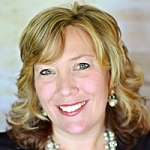
Enhanced Counseling Skills for the Lactation Educator

Christy Jo has over 25 years of teaching experience. She is passionate about teaching in ways that simplify learning. She has been awarded the United States Presidential Volunteer Award for her community service, the Phyllis Klaus Founder's Award for her contribution to the Mother/Baby bond and the Above and Beyond Award for innovative projects that exemplify the mission of Public Health. She has also been named Lactation Educator Faculty of the Year from Childbirth and Postpartum Professionals Association and earned their Visionary Award in 2015. Christy Jo is the author of Mommy Feeds Baby and co-author of Making Milk. She created the Grow Our Own Lactation Consultant/IBCLC Prep Course which has been used to train hundreds of students to become Lactation Consultants. She currently resides in California with her husband and three children. She continues to serve her community as a birth doula, Private Practice IBCLC, Health Educator for Public Health, and faculty for the CAPPA CLE© and Childbirth Educator Programs.
Topic: Enhanced Counseling Skills for the Lactation Educator - [View Abstract]
Topic: Expanding Our Audience to Gain Greater Appreciation and Acceptance of Breastfeeding - [View Abstract]
Topic: Sharing Your Wisdom: From Abstract Idea to Awesome Prenatal Breastfeeding Class - [View Abstract]
Topic: The Art of Communication: Simplifying Birth and Breastfeeding - [View Abstract]
Functioning in the role of a lactation educator, one must be equipped with the tools for effective communication.
This topic explores the many ways to communicate successfully with prenatal and postpartum individuals. The talk highlights open-ended questions, affirmations, education and the anticipated results of three-step counseling. The presentation also explains how to recognize “change talk” and what words may signal an “open door” to further opportunities for sharing. Circle Charts and Participant Centered Education are discussed in detail. This talks prepares the counselor to share information in an open-minded, non-judgmental way that results in profitable teaching and learning for the counselor and perinatal person. These skills are presented in a fun, unique way and provide more tools for the lactation educator’s tool box.
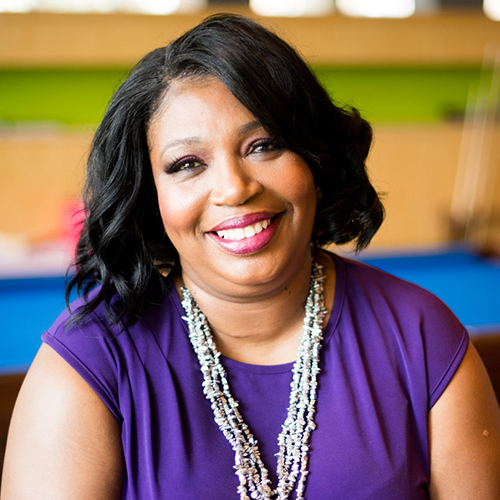
Enhancing Caregiver Attachments Through Imaginative Play and Emotional Storytelling

Althea T. Simpson, MBA, MSW, LCSW, RPT-S, is an innovative trainer, psychotherapy private practice owner, founder and President of Unicorn Life Training and the Black Play Therapy Society, and host of the Chronicles of A Play Therapist podcast. She is the author of Hurt to Healing: Child Witnesses of Domestic Violence and Their Invisible Injuries. Althea has a diverse background including research, mental health, and organizational consulting. A Certified LEGO® SERIOUS PLAY® Facilitator reinforcing a process of creative thinking and problem-solving, Althea facilitates thought-provoking and experiential skill enriching workshops for mental health professionals, corporations, and organizations throughout the United States. Althea’s passion is utilizing the healing powers of play to effect change on an individual and organizational level.
IG: @altheatsimpson
IG: @brickmagicplaytherapy
Facebook: https://www.facebook.com/unicornlifetraining
Twitter: @altheatsimpson
TikTok: @altheatsimpson
Youtube: https://www.youtube.com/channel/UCexheSp4-M-A-sW5w1aU5eQ
Play is an important milestone for babies and toddlers as it helps with development and reasoning skills. Play also holds a crucial role in providing a safe, caring, and protective attachment relationship between caregiver and child. Through pretend play, caregivers can help children express thoughts and emotions. Emotions are responses to different stimuli and children can learn appropriate ways to work through their emotions. Through storytelling caregivers can help children identify emotions without labeling emotions as “good” or “bad.” Caregivers who engage children in reading and storytelling promote brain development and imagination, develop language and emotions, and strengthen relationships. Learn more about the importance of play, the stages of development and how play works before language and memory are developed and examples of activities that encourage imaginative play.
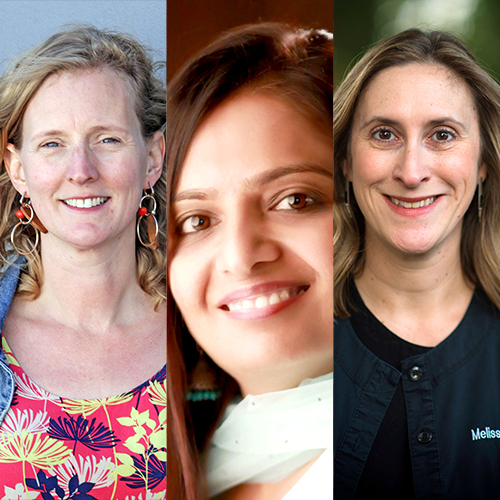

Melissa Cole is a board-certified lactation consultant, neonatal oral-motor assessment professional and clinical herbalist in private practice. Melissa is passionate about providing comprehensive, holistic lactation support and improving the level of clinical lactation skills for health professional. She enjoys teaching, researching and writing about wellness and lactation-related topics. Her bachelor’s degree is in maternal/child health and lactation and her master’s degree is in therapeutic herbalism. Before pursuing her current path, Melissa’s background was in education and cultural arts, which has served her well in her work as a lactation consultant and healthcare educator. She loves living, working and playing in the beautiful Pacific Northwest with her 3 children.
Anna Le Grange is an International Board Certified Lactation Consultant, Registered Paediatric Nurse, Mindfulness teacher and Author. She has worked with new families for over 20 years in a variety of clinical roles. Anna brings her passion for psychology, neuroscience and mindfulness into her lactation support work and facilitates other professionals to incorporate emotional well-being tools into their own lactation practice.
Mother to 3 children, Anna breastfed her 3rd child following breast reduction surgery and experienced first-hand, the emotional challenges that so often relate to infant feeding complexities. She used her personal experiences alongside mindfulness and lactation knowledge, to create a toolbox of techniques for breastfeeding families, which she includes in her courses and book, The Mindful Breastfeeding Book. Anna believes whole-heartedly in prioritising calm and connection within our breastfeeding support practices, both for our clients and ourselves.
Anna is currently studying for a MSc in Positive Psychology at Buckingham New University and has spoken at various events including the ILactation conference and Womanfest.
Dipti Shah is a Mother Support Group Leader - Lactation Counsellor since 1998 & Lactation Consultant since 2010. She was trained by BPNI Maharashtra Faculty & has been providing Lactation Counselling services in multiple Institutional Hospitals & small maternity homes in Mumbai for over 2 decades. She has wide experience in community advocacy & Individual Counselling in indoor, OPD, home and online settings. She is senior trainer for BPNI Maharashtra & participated as faculty in over 100 workshops in Seven States of India & for 5 batches of ’96 hrs of Lactation Specific Education’ for IBLCE preparation (2010-2021). She mentored many Lactation counsellors and consultants. She is a BFHI Assessor since 2001 & has trained two groups of ‘Traditional Massage Women’ in basics of infant feeding and childcare. She has extensively contributed to multiple training modules, presentations & videos for BPNI Maharashtra & Maharashtra Government & UNICEF. She is also office coordinator of BPNI Maharashtra since 2004. She participated in Expanded Global Breastfeeding Partners Meeting (GBPM) of WABA at Penang, Malaysia in 2010. She was felicitated with ‘Dr N.B. Kumta Award’ in 2016. She exclusively breastfed her son for 6 months and continued well into 2nd year.
The care of breast/chestfeeding dyads is not always straightforward. With the potential for postpartum medical concerns in parent or baby, the potential for a parent needing mental health support and the possibility of a baby needing a type of feeding support that falls outside of the scope of practice or experience of a lactation professional, it’s important for care provides to know when to refer, how to navigate barriers to referral and how to work collaboratively with other care providers once a referral has been made. Our panel of expert speakers will be sharing their clinical knowledge and experience to address these issues and help lactation professionals with the practicalities of making referrals and working collaboratively to ensure optimal outcomes for their clients.
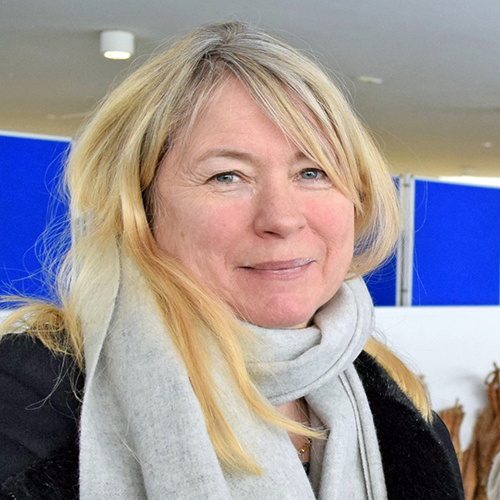

Merete Eggesboe, MD and an environmental epidemiologist at the Norwegian Institute of Public Health, is dedicated to understanding the role of the microbiome and environmental toxicants in children’s health. In order to do so she initiated the prospective HUMIS & NoMIC birth cohorts, encompassing more than 2600 mother-child pairs where the gut microbiome and toxicant exposure has been mapped in human milk and fecal samples. She has now followed them for 18 years and the longitudinal extensive data collection provides a wealth of research opportunities. It has also been linked to the Norwegain Patient Registry where all specialist diagnosis set on all research subjects are available. The focus so far has been on understanding their role in reproductive health, growth/obesity, neuropsychological functioning and vaccine immune responses. Recent studies have also looked at how toxicants in human milk may affect the infant’s microbiome. And vice versa: how our gut microbiome affects the metabolism of toxicants. She has been cited >6000 times over the last 5 years and has an h-index of 51 and has published more than 100 peer-reviewed papers. She is a popular speaker, leads several prestigious Norwegian Research council programs and participates in several EU projects.
According to a recent WHO/UN report, synthetic chemicals are a threat to human health. Persistent Organic Pollutants (POPS) are of special concern to humans since they bioaccumulate and biomagnify. Species on the top of the food chain pyramid such as humans are thus among the most heavily exposed. POPS is a group of chemicals compromising PCBs, DDT, Dioxin, Organic Pesticides, flame retardants, as well as the more recent contaminants perfluorinated compounds. They are ubiquitous in air, water and soil, food and humans. In spite of DDT being forbidden more than 40 years ago, both DDT and its metabolite DDE, are still found in breastmilk. This demonstrates the long legacy of these chemicals. The child is exposed to the mother's accumulated levels while in the womb since most of these chemicals pass to the uterus unrestricted, and through breast milk. In spite of declining levels of forbidden POPs we demonstrate that perinatal exposure to POPs are associated with adverse effects on infant health. Large multi-cohort studies encompassing many thousand mother-child pairs report adverse effects of these chemicals on growth and neurodevelopment, with an increased risk of obesity and behavioral disorders among those most heavily exposed.
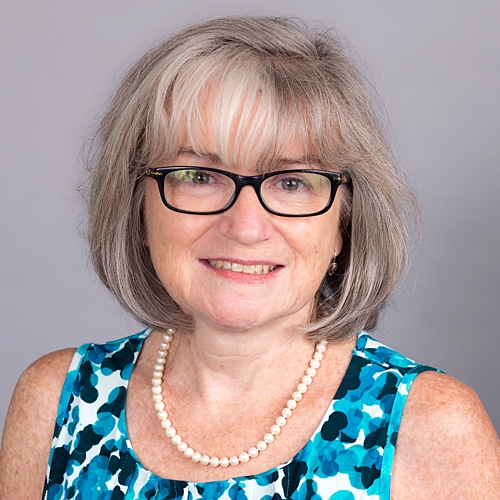

Dr. Hawes provides clinical services in the Neonatal Intensive Care Unit and at the Perinatal and Postpartum Clinic at the Center for Children and Families at Women & Infants Hospital, where she treats women and their partners experiencing perinatal mood and anxiety issues. Treatment includes individual and family psychotherapy. She is an assistant professor (adjunct) in the Department of Pediatrics at The Warren Alpert Medical School of Brown University. She trained in adult psychiatry and mental health at the University of Rhode Island and is board certified in adult psychiatric-mental health advanced practice nursing. Her research, clinical work, and lectures focus on stress and trauma related to the premature birth experience. In addition she studies the relationship between nursing practice and parent and infant outcomes; nurse-patient interaction; the healthcare work environment and provider and patient outcomes; and the epigenetics of stress. (https://vivo.brown.edu/display/khawes).
Classic animal studies have shown that maternal care of rat mothers e.g. licking and grooming and arched back nursing, impacts offspring outcomes such as behavior, development, and stress regulation. These outcomes persist over subsequent generations. Epigenetics, the study of how environmental influences affect gene expression, mediates these effects. In this session we will discuss and explore how similar epigenetic mechanisms in humans possibly relate to the protective effects of breastfeeding and maternal tactile stimulation on infant stress reactivity.

View Details / Enroll
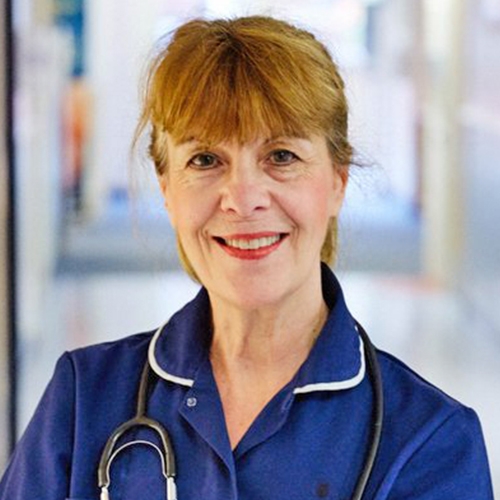
Epilepsy in Pregnancy: Reducing Risks with a Multiprofessional Healthcare Team

Kim is an advanced clinical practitioner, independent nurse prescriber, registered nurse and registered midwife with additional qualifications in epilepsy, complex pregnancies, child protection, pharmacology, advanced decision making, epidemiology, diagnosis and history taking and research. She is a specialist in antiepileptic drug prescribing management & all aspects of reducing the impact of epilepsy. Since 2000, she has conducted a women with epilepsy service which provides holistic care and treatment support from teenage years to motherhood. In addition, she established and ran for 7 years a thriving community epilepsy specialist nursing service for Southampton and since 2017, a new rapidly expanding secondary care service for Winchester. Kim designed the maternity epilepsy toolkit embedded in the SUDEP (sudden unexpected death in epilepsy) Action professional checklist and focuses professionally and academically on safety and reducing the risk of avoidable adverse outcomes. She is an MBRRACE assessor and represents the Royal College of Midwives on behalf of midwives on the valproate stakeholders committee.
Epilepsy is a pre-existing, neurological disease present in 0.3%-0.5% of all pregnancies and is associated with increased risks of morbidity and mortality during the pregnancy continuum. These risks are often determined long before conception. This is because epilepsy and its treatment can impact on: education, employment, safety, menstruation, sexuality, fertility, contraception, pregnancy, breastfeeding, parenting, bone health, mental health, quality of life, driving status and independence. This trajectory and the quality of care received during the epilepsy journey can influence pregnancy presentation and outcome. The extremes can be a woman who has received expert epilepsy care and preconception preparation to ensure the risks were minimized when embarking on a planned pregnancy versus a woman who presents with an unplanned pregnancy having received no counselling, no epilepsy specialist care, prescribed a medication that is high risk to a developing baby whilst having uncontrolled seizures. These extremes highlight the need for maternity healthcare professionals to have awareness about the potential health burden associated with epilepsy, knowledge about seizure presentation and management, information about epilepsy treatments and understanding about potential risks to the women and her developing baby and how to reduce risks during pregnancy through joined-up, holistic, multi-professional healthcare provision.

View Details / Enroll
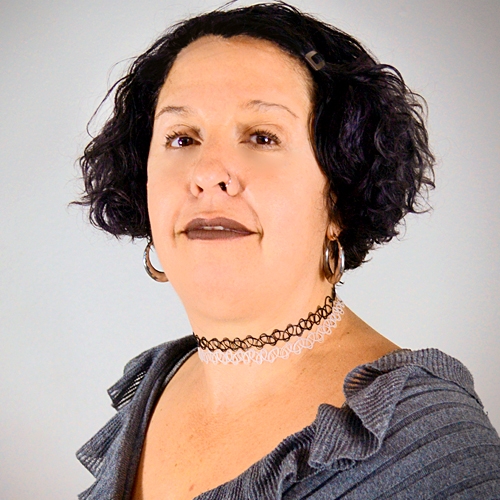
Equity and Safer Infant Feeding in Times of Disaster and Civil Unrest

Lourdes Santaballa is a community activist and organizer, with a background in domestic violence, affordable housing, and economic equity advocacy. A La Leche League leader from 2009-2017 and IBCLC since 2011, she was the founder of the lactation program at sePARE, providing coordinated services to low income families, leading it to receive the ILCA Care Award and received the Wilson-Clay Hoover Award for Research. Lourdes received the notorious Drs. Ruth Lawrence and Audrey Naylor Legacy Scholarship in 2016 by the United States Breastfeeding Committee, the Miriam H. Labbok Award for Excellence at the Breastfeeding and Feminism conference in 2018 and is currently completing her master’s degree in clinical nutrition. In October 2017, following Hurricanes Irma and Maria, Lourdes founded Alimentación Segura Infantil or ASI, an Infant and Young Child feeding program focused on increasing breastfeeding, leadership and training in marginalized communities in Puerto Rico.
In times of civil instability and changing global climate, we risk natural disasters, infrastructure failure, terrorist situation, police brutality, mass migration, chemical accident, war or other type of emergencies. Infants and young children under the age of 2 are the most vulnerable due to their dependence on adults for survival and their delicate physiology. We know that lactation in emergencies saves lives, yet the unrest that occurs in the days immediately after the disaster may contribute to premature weaning. At the same time, many babies are not breast or chestfed at all or only partially. This session will explore the methods to preserve breastfeeding, decrease the use of formula and other human milk substitutes, promote relactation, and teach appropriate complementary feeding in a disaster appropriate, low tech and resource limited environment. We will also discuss the colonial and patriarchal of humanitarian relief and how to make equity our focal point.

View Details / Enroll
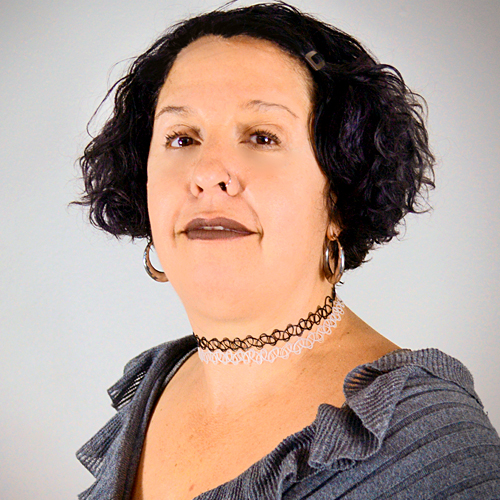
View Details / Enroll



